Blog categories
Search in blog
Popular posts

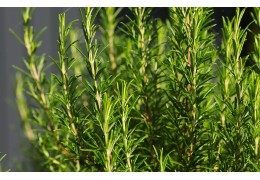
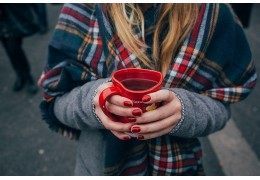
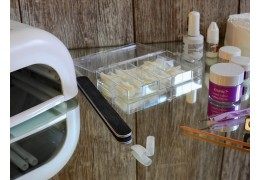

Featured posts
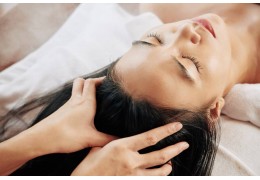
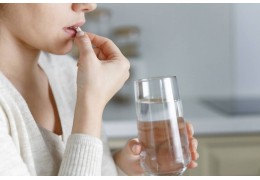


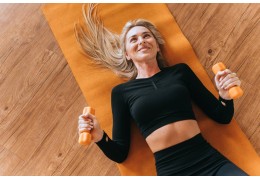
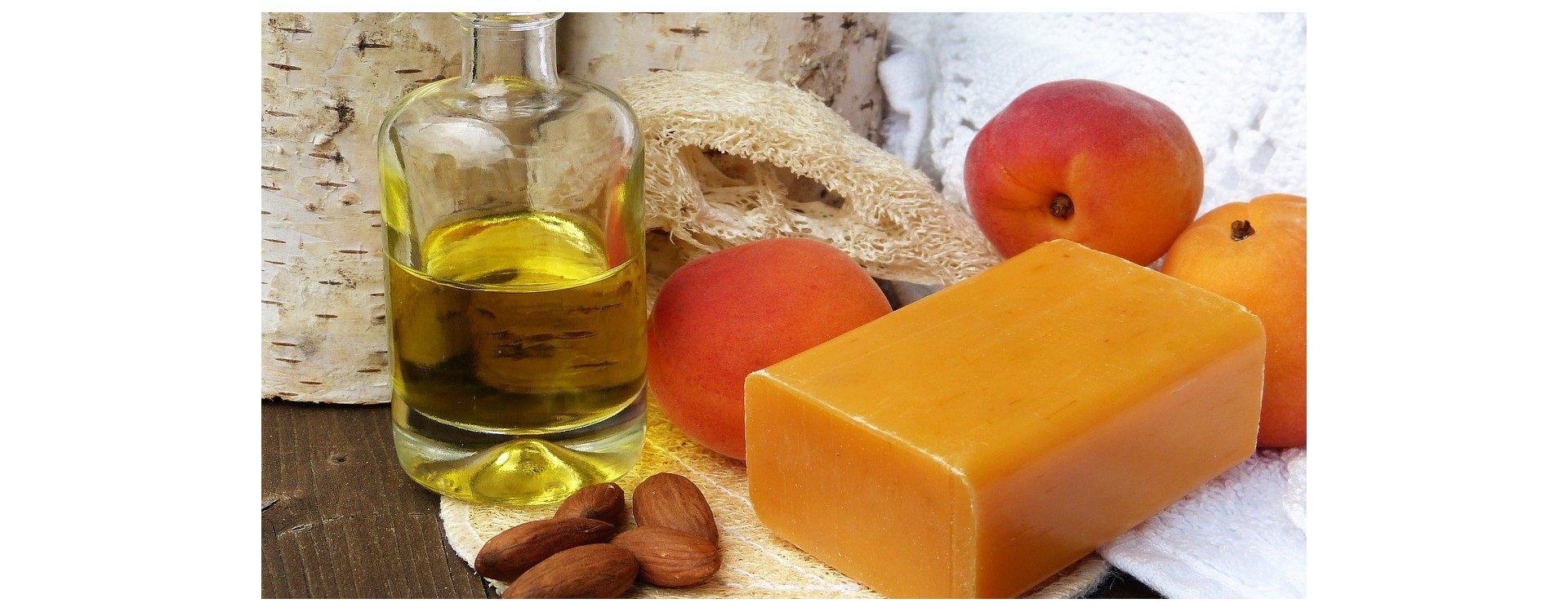
For some time, the trend has been towards DIY. Whether it is decoration, fashion or the manufacture of its own household products, tutorials abound on the internet. Following this trend, the beauty sector is not spared: we find many videos offering us to make our own beauty products. But, is this fashion safe? Can you make your own cosmetics safely? Since this practice may have an impact on our health, we wanted to look into the matter.
Since the March 2020 lockdown, there have been many disruptions. Between the generalization of telework, the impossibility of going to a beauty salon and wearing a mask, the beauty sector was hit hard. The online cosmetics stores have stayed the course and continued to offer us reliable and qualitative products. However, beauty stores have seen their attendance, and therefore their sales, drop drastically.
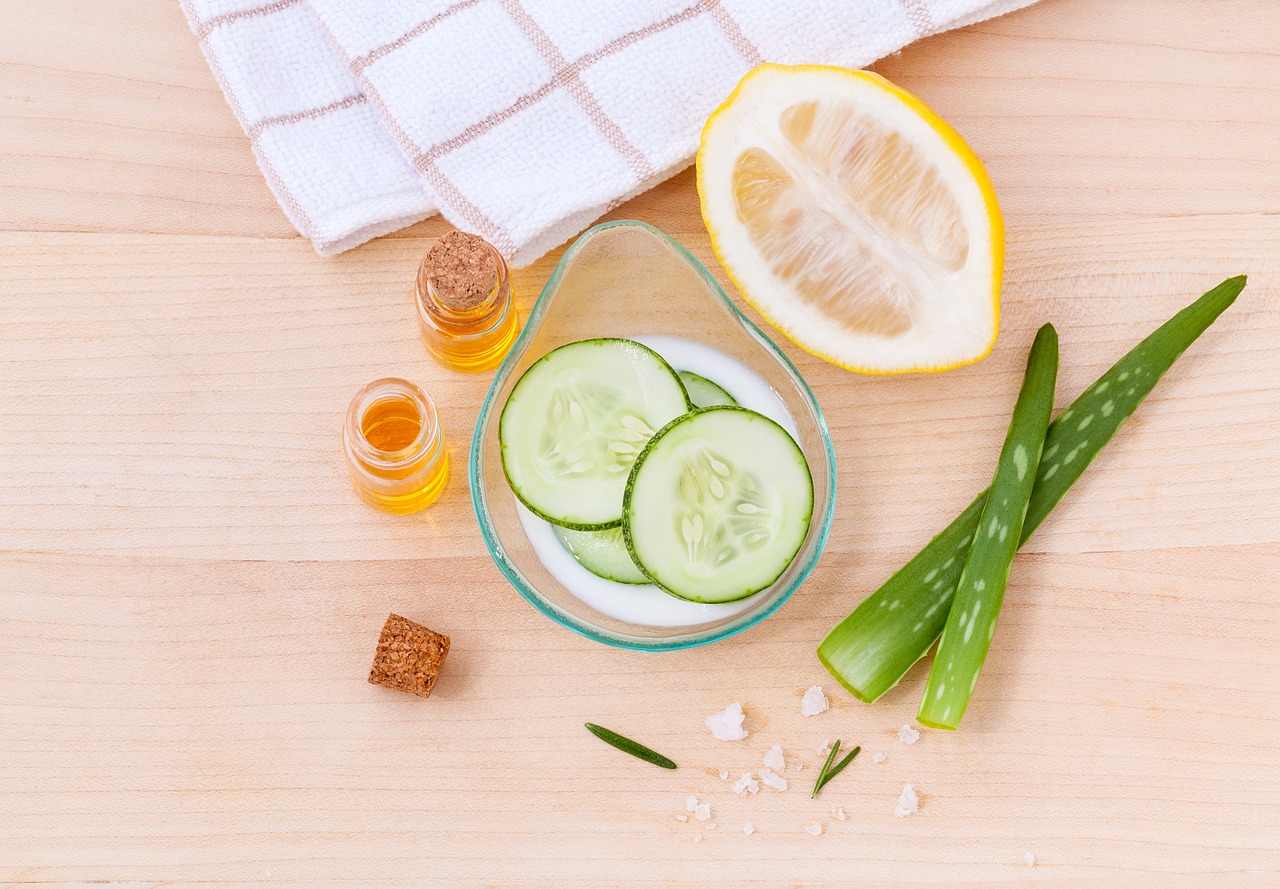
Consumers then entered a dynamic of self-sufficiency that led some to a desire to consume less and better. Two years later, this way of life seems to continue and beautystas want to focus on organic and natural products or homemade products. That’s why websites are full of recipes for making your own cosmetics and 33% of women have already taken an interest in this practice. But is DIY safe when it comes to our health? We will review various misconceptions on the subject to unravel the truth from the untrue.
Many women think that making your own cosmetics is having the luxury of choosing your composition (perfumes, vegetable oils and other ingredients of natural origin). If this is partly true, a great deal of attention must still be paid to the substances selected and the mixtures to be made. Cosmetics have to meet a number of chemical standards, including formulation. Care must be taken, as not all substances that are available are safe (endocrine disruptors). In addition, it is difficult to make certain products yourself with the means of the edge.
A face cream should contain a surfactant that allows the fat and liquid to mix together. Note that there are more than 1300 prohibited components and 250 with strict restrictions. It is better to know them before playing the little chemist at home. The cases of allergic reactions depending on the different types of skin, poisoning or burns are indeed numerous in people who have designed a cosmetic product, a soap, a gel, a serum or a moisturizing balm themselves.
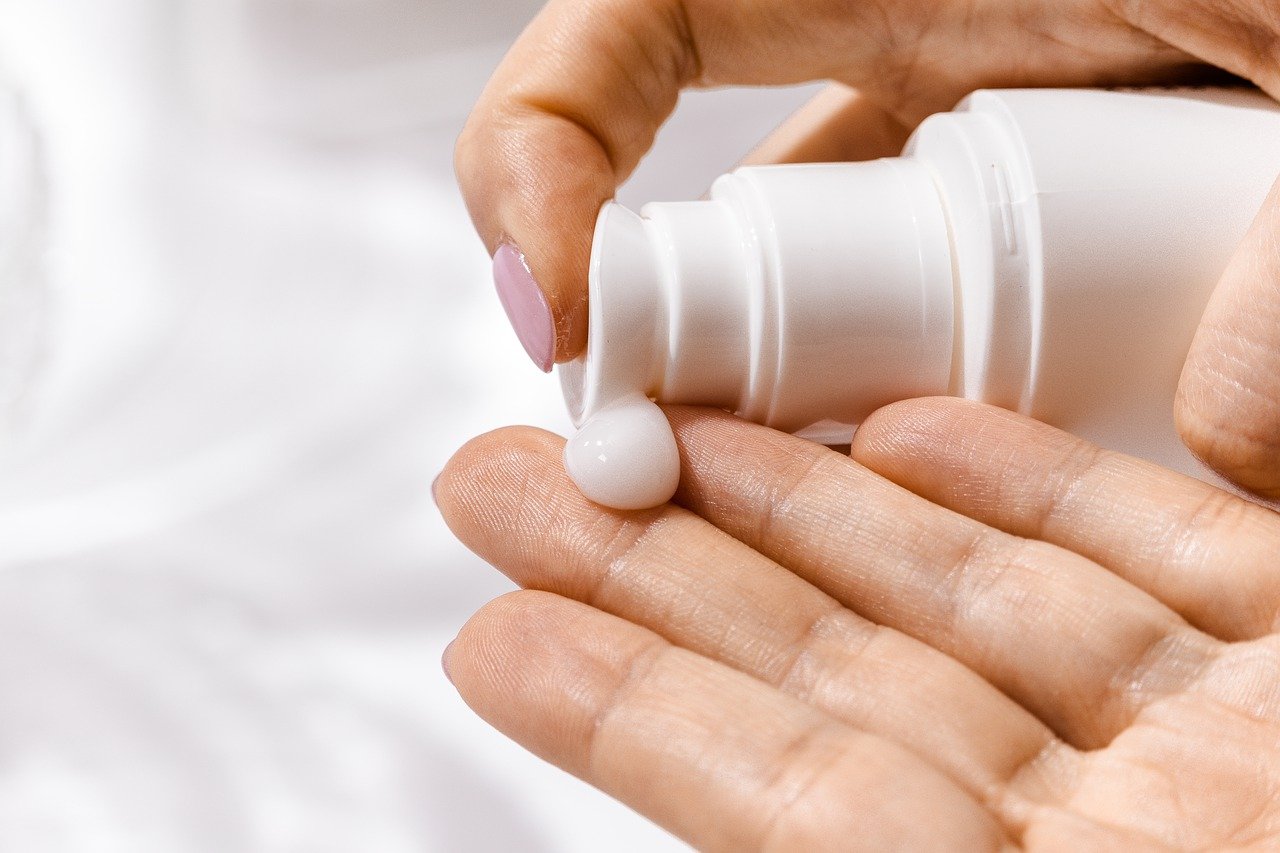
The second persistent misconception on the subject is to think that homemade cosmetics are more effective than those marketed. This is false, because you will not have the same ingredients as those used by cosmetic manufacturers. They are very concerned about the provenance and quality of the elements they use. In addition, products designed by manufacturers undergo a large number of tests and controls before they are placed on the market. Even natural products such as clay, for example, may contain traces of harmful heavy metals. You may not be well equipped to design your own cosmetics.
Some products can be hazardous if inhaled or come into contact with the eyes. Your dosing will be less accurate than those performed in the laboratory, so you are subject to the risk of overdose which can increase the toxicity of a formula instead of increasing its effectiveness. Your skin care will not have a SPF-type sun protection rating or anti-aging active ingredient, which can be particularly true. Finally, we all tend to think that natural or home means safe. This is a mistake, because some 100% natural products can cause burns or allergies in high dosage or on sensitive skin (cinnamon, mint, etc.). Essential oils should not be used by children, allergy sufferers or pregnant women.
We mistakenly believe that home-made organic cosmetics require only the ingredients. However, it is also necessary to invest in suitable protective equipment. Then, quality raw materials will have a certain cost and we will have to think about equipping ourselves with several suitable containers. Your components will need to be well preserved to avoid being wasted over time. Once the cosmetic product is manufactured, you will not be able to keep it as long as an industrial product, which leads to more production and thus to increased costs.
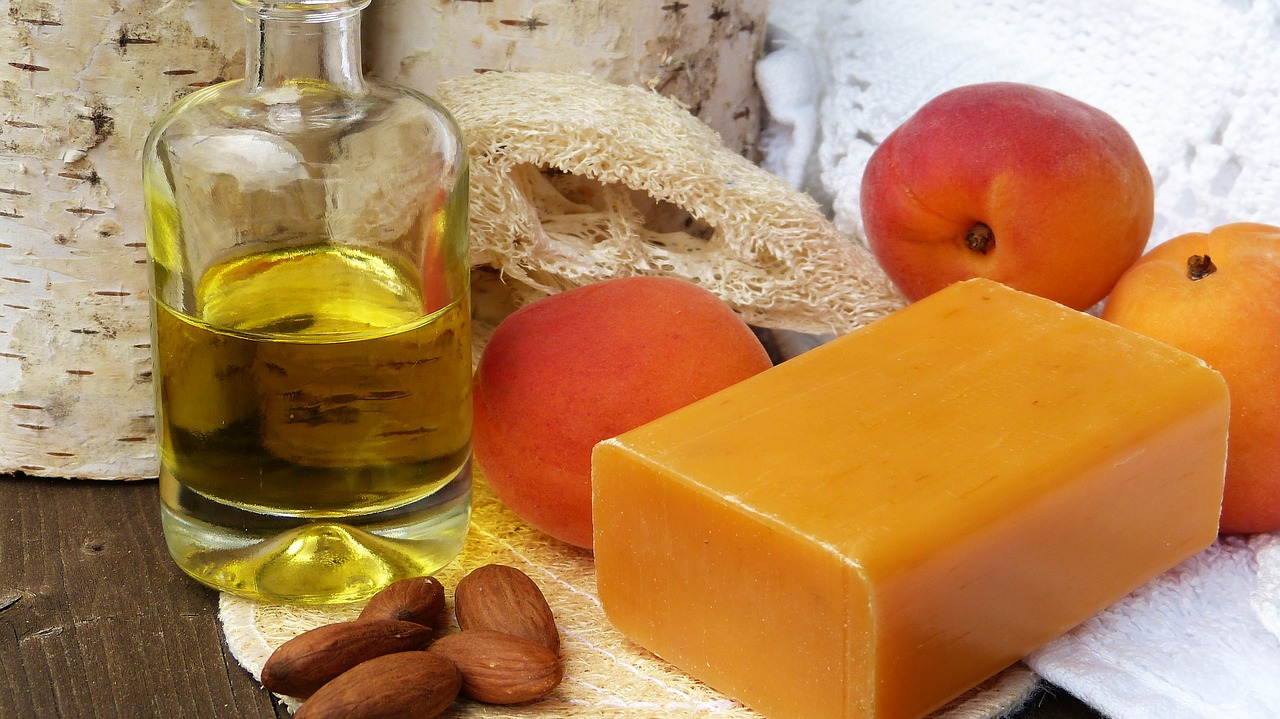
Learn about the types of preservatives you can add to increase the lifespan of a home care and prevent bacteria from settling in. Of course, you can also train yourself which can generate an additional cost. The time spent will also have to be quantified as well as the labelling media that will be required. One last small recommendation is obvious, but it is nevertheless essential to remember: you do not have the right to sell your home preparations without complying with all legal obligations and be declared as a seller before the competent court.
By now, you will have understood that you can make your own cosmetics safely, you must answer yes and no. It is essential to be very vigilant and particularly well equipped to create quality products without any risk to the health of the skin. However, this activity remains playful and can be practiced in a rigorous setting. If you do not want to take any risks, we advise you to trust the major labels of cosmetics (Ecocert) and the products they offer. They have the skills and know-how to produce such products.